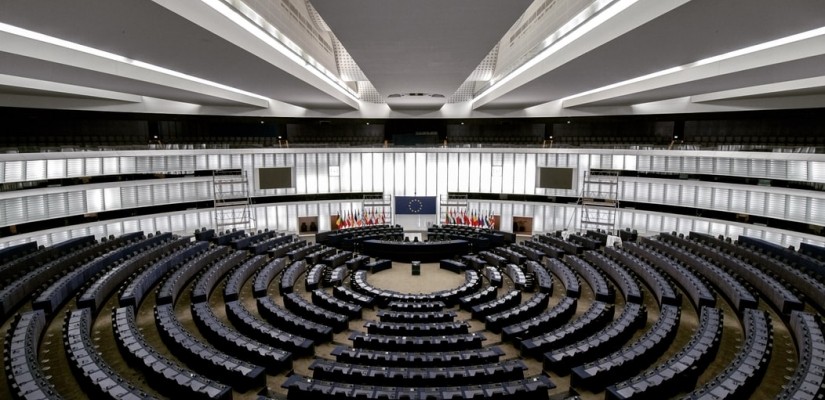
On January 14, 2020, the E3 bloc, which consists of France, Germany, and the United Kingdom, triggered a dispute mechanism under the Joint Comprehensive Plan of Action (JCPOA), believing that Iran is no longer in compliance with the nuclear agreement. Despite the perceived lack of compliance, the E3 bloc announced that they will not join the United States on a maximum pressure campaign, instead opting to pursue a more diplomatic approach. The dispute mechanism involves referring the debate to a Joint Commission that will have a minimum of 15 days to resolve the issue. If unresolved, the Joint Commission can refer the matter to the UN Security Council, which could reimpose sanctions on Iran. According to Josep Borrell, the European Union’s foreign policy chief, the aim of the dispute mechanism was not to reimpose sanctions but to find a solution that will return Iran to full compliance.
Following Washington’s withdrawal from the JCPOA in 2018, Iran has shown limited commitment to the deal. Furthermore, Tehran announced it would no longer adhere to limits on enriched uranium after the U.S. assassination of top Iranian general Qasem Soleimani. Nonetheless, Iran has agreed to continue working with the International Atomic Energy Agency (IAEA) and is considering efforts to keep the fragile agreement intact. Without a deal, Iran would not be hindered from further enriching uranium or stockpiling nuclear material.
